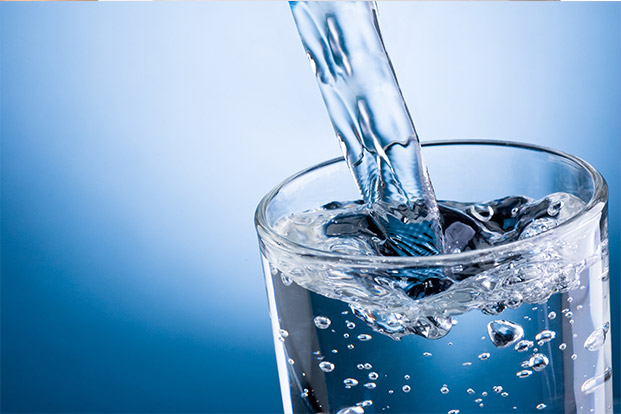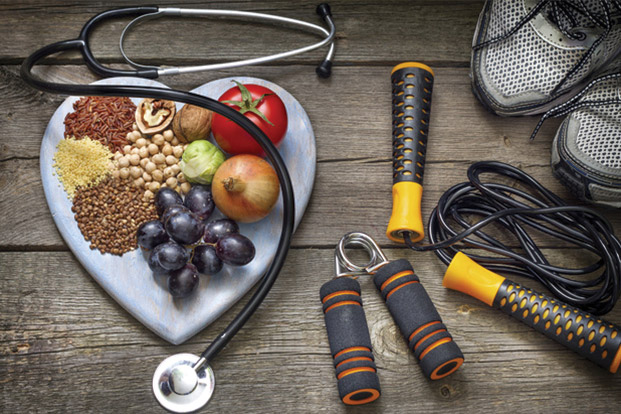How Much Water Should One Drink?
Apr 19, 2022
Although water is not a nutrient, but it is understood that there would be no life without water. Human beings can survive for some weeks without food, but without water we would perish after only a few days.
Around 60% of an adult’s body weight is water. It must be continually replaced since we lose roughly 300ml of water a day simply through breathing. In a lifetime, each person is estimated to drink about 40,000 Litres of water.

We need water for digestion and the elimination of waste products. It acts as a lubricant for joints and eyes and is essential for maintaining body temperature. The total intake from drinks including tea, coffee or juices is around 300 ml of water which is obtained as a by-product of metabolism. An average adult has to drink around 3 litres of water each day. Water is essential for good health, yet the needs vary by individual. How much water should one drink? It is a simple question with no easy answer.
Methods for estimating fluid requirements for the normal person are typically based on body weight, energy (kilocalorie) intake or body surface area (BSA). The calorie intake method uses 1ml/kcal for adults and 1.5ml/kg for infants. The BSA method uses 1,500 ml/m2/day.
Summer calls for dehydration, loss of energy and fatigue. But there is a way out to beat the heat and feel fresh under the hot sun. One of the best health tips for summer is to drink a lot of water. But there is always confusion on how much water one should drink in a day for adults. There is no fixed amount of water that one should drink. Apart from the generic amount, there are also certain factors that determine how much water one should drink in a day.
During summer, people who have field jobs get exposed to the scorching heat and hence they tend to get dehydrated easily. Thus one must not restrict themselves to just 3 litres. It may increase as they sweat due to exposure to sunlight. Summer health tips for those who frequently have dehydration and health related problems is that he/she must also take energy drinks such as coconut water, glucose water, electoral water, ORS, sorbet (sugar, salt and lemon with water), fresh fruits juice, etc. Health drinks and juices must be included in the meals as well as in between meals. Avoid excess tea or coffee, aerated beverages as they are not healthy.
Individuals who live at high altitude need to drink more water, as the lack of oxygen in the air prompts more rapid breathing and a greater loss of moisture during respiration. Woman who are pregnant or breast feeding need additional water to stay hydrated. Large amounts of water are used especially when nursing.
As we know, during fever, vomiting or diarrhea the body looses additional fluids from body. In these cases, people should drink more water. Plenty of water intake decreases the risk of constipation, kidney stone, acne, colorectal and bladder cancer. On the other hand, some conditions, such as heart failure and some types of kidney, liver and adrenal diseases may impair excretion of water and even require limiting total water intake.









